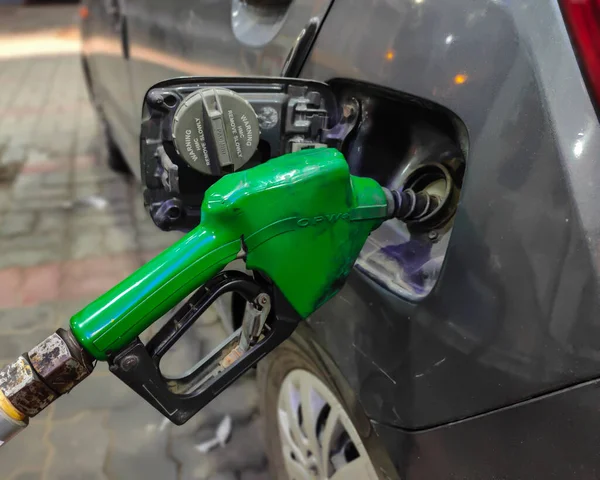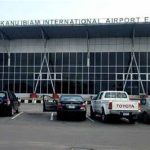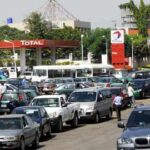The price of Premium Motor Spirit, also known as petrol, is projected to rise from N580 to N750 per litre weeks from now, according to oil marketers.
In a statement by the National Public Relations Officer, Independent Petroleum Marketers Association of Nigeria (IPMAN), Chinedu Ukadike, this is due to the hike in the value of the United States Dollar (USD) in the black market.
Join our WhatsApp ChannelRecall that reports emerged last week that the dollar is now sold above N900/$1 in the parallel market, falling between N910 to N940, while the naira exchanged for the USD at N740/$1 in the Investors’ and Exporters’ window of the official market.
With foreign exchange scarcity persisting in the official market, oil marketers are forced to approach the black market, as a result, Ukadike said Nigerians should expect the pump price to rise to N750/litre as the dollar rate heads towards N1000/$1.
“Once there is a slack in the naira against the dollar, there is going to be an effect. The demand and supply of forex is a key factor. We should also understand that it is not only petroleum products that use forex.
“Other manufacturers who import one thing or the other are also searching for dollars. So, the surge for dollars has continued to increase. So now that the dollar is hitting N910 to N940, and approaching N1,000, you should expect to buy PMS at the rate of N750/litre.
“It is simple mathematics, once the dollar is going up, have it in mind that the prices of petroleum products would definitely increase because the products are dollar-driven,” Ukadike said in a report by Punch on Monday.
He said the fluctuation of the dollar influences the movement of fuel price, emphasising that the cost of petrol could settle between N680-N720 should the USD rate continue to hover above N910 to N950, but the pump price has the tendency of hitting N750.
“Nigerians should brace for a price regime of between N680 to N720 if the exchange rate stays around N910 to N950/$, but the price is going to hit N750 once the dollar rises to N1,000.
“This is because marketers still source dollars from the parallel market, and not only marketers but virtually all importers in Nigeria. There is no subsidy any more on petroleum products, so you expect the cost to fluctuate with the dollars,” Ukadike noted.

















Follow Us